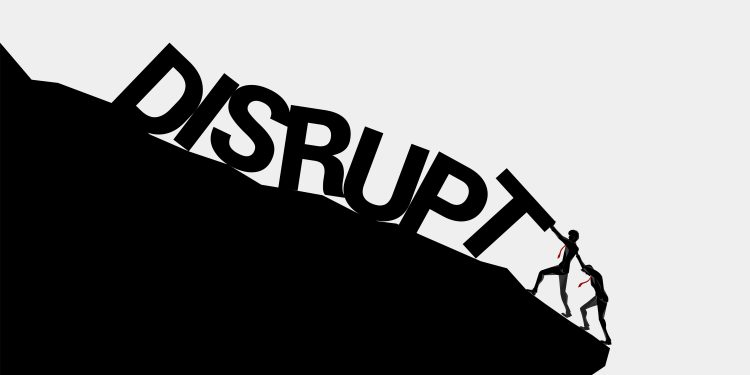“Our… species is so made that those who walk on the well-trodden path always throw stones at those who are showing a new road.” – Voltaire
For years, those in financial services were used to doing things a certain way. Long hours. Sisyphean manual processes. Endless physical documents. Excel spreadsheets as far as the eye could see. It was tedious, but it worked. And, if it ain’t broke, don’t fix it, right?
Much has been promised to improve the lives of finance teams to solve this mess. The fintech boom technology has arrived to swat away manual processes. Startups received a staggering $34.5 billion in funding in 2019 alone. A global financial landscape has been drawn, now populated by tens of thousands of fintechs. Those who have embarked on the technological road to automation have been happy with the results after the effort is put in. McKinsey finds that six out of 10 respondents reported either a positive or very positive ROI from investments made in technology in the past year. The share of respondents reporting the use of robotics and artificial-intelligence tools has more than tripled since 2018.
For financial planners, technology is not only streamlining tedious processes, but creating new capabilities, not least the ability to consolidate and locationally centralize vast amounts of data. Once collected and organized, this data can be utilized for analysis, segmentation, and presentation boosting the reputations of finance professionals for clarity and purpose. And the digitization of these capabilities means that this data can be updated in real-time. This makes the latest figures and analytics instantaneously available to those who need them.
The effects of disruption on finance people’s lives
The potential benefits of these financial technologies affect the people working finance roles better use of time, reduced rates of error, and more cost efficiency.
Changes in data flow have already been able – and will continue – to unlock new insights allowing business to unlock new value in their markets. The ability to house all of your data (and ensuring it is more accurate) means that C-suite executives can make better strategic decisions that ultimately positively influence a company’s bottom line. Every survey bears out the power of technology to transform finance. Financial professionals are acutely aware of this potential: a recent PWC survey, 51% of finance executives say fintech will positively impact businesses by allowing them to “leverage existing data and analytics.”
New technologies, especially those brought about by the fintech boom, will have a disruptive effect on many financial services, from consumer banking to personal payments and insurance services. In other fields, blockchain is radically disrupting things. We are seeing new digital-financial experiments, such as Central Bank Digital Currencies (CBCDs), and El Salvador has made Bitcoin legal tender. The companies that embrace new opportunities, carefully and intelligently, stand to emerge ahead of the pack. It will be exciting to watch these forces of change play out. Only time will tell what the rate of technological disruption will be, which areas of finance will be most affected, and to what extent.
The problems from disruption
This is all a positive shift, but it is worth remembering that widespread industry changes can be difficult, confusing, and even painful.
Tech adoption is only a small part of the journey. Strategy, big picture, and a deep understanding of your business still comes first. Otherwise, all we will be automating is chaos. Technology is ultimately only as good as the people who create, implement, and work alongside it.
Indeed, one of the biggest mistakes we’ve seen companies make in capability building is a failure to link learning and other development efforts directly to performance improvements. The CFO must guide other C-suite leaders through the long- and short-term trade-offs associated with investing in this future and help them define the means and metrics to monitor progress toward stated performance goals.
Conclusion
Businesses that embrace this reality will see the benefits as many are seeing in hours saved and looking at what data says about future performance rather than about last year’s story. There will be challenges along the way, but as Voltaire said: “Perfection is attained by slow degrees; it requires the hand of time.”










